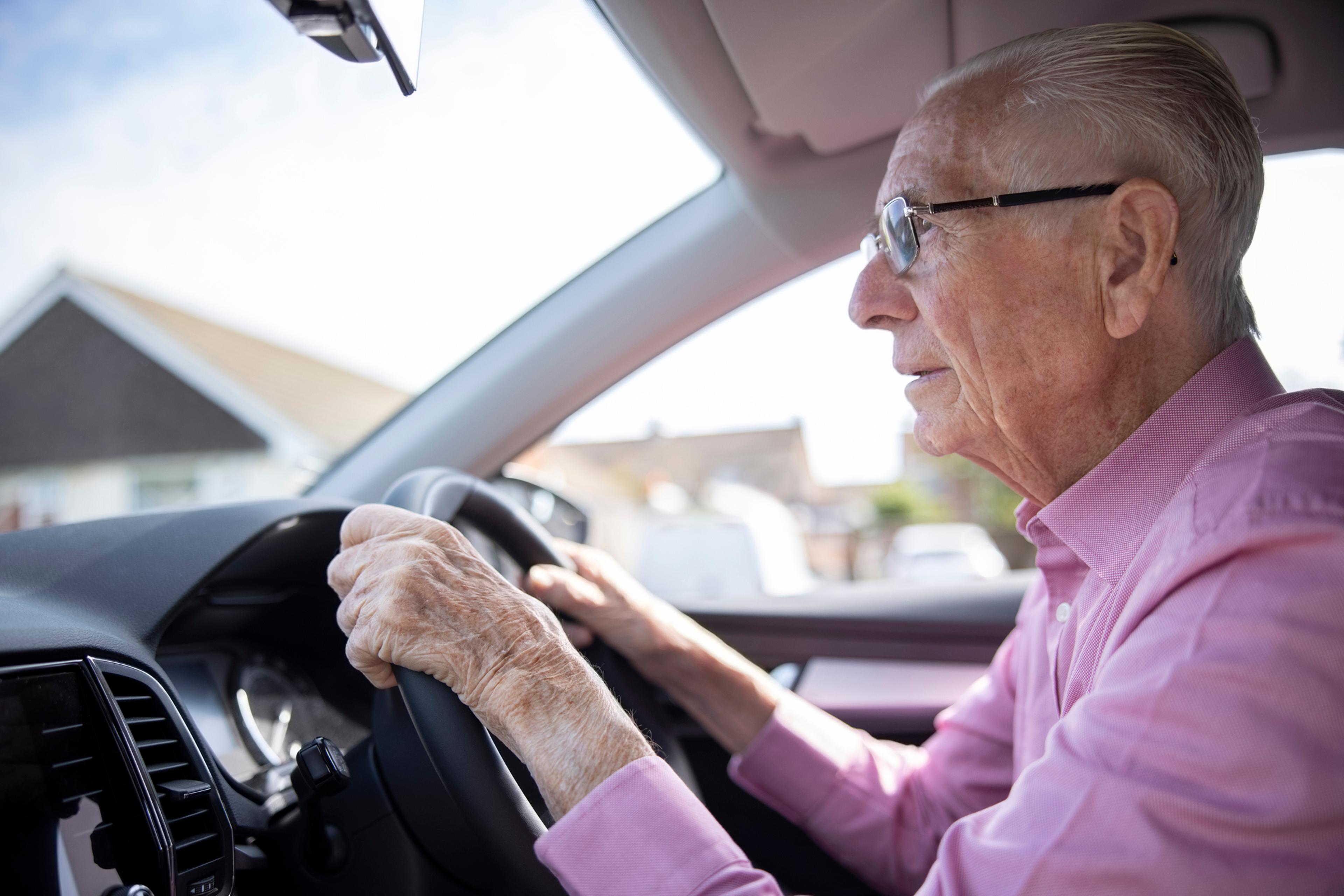Public Schools Making Mental Health a Top Priority
Krystal Clark
| 3 min read

In the U. S., nearly 1 in 5 children experience a behavioral health problem during the school year. Due to stigma and lack of access, only 20 percent receive necessary treatment. Typically, students are supported through social workers, counselors, and partnerships with local agencies. But now, school districts are taking a more clinical approach. In 2013, Dr. Elizabeth Koschmann, an assistant research scientist at University of Michigan-Ann Arbor, spearheaded a pilot project focused on cognitive behavioral therapy (CBT) in schools. Since then, it’s grown into a full-fledged mental health program called TRAILS (Transforming Research into Action to Improve the Lives of Students). It provides educational staff with clinical training in the evidence-based techniques, CBT and mindfulness. School professionals receive access to comprehensive online tools, plus in-person support from a TRAILS-trained coach. Although program materials target middle and high school students, additional resources for grades K-5, are currently being developed. Skills learned through the program can help all children, particularly those facing high-stress situations such as poverty, homelessness, food insecurity, and abuse. TRAILS is affiliated with the University of Michigan Depression Center, and co-funded by multiple organizations including the Blue Cross Blue Shield of Michigan Foundation, Ethel & James Flinn Foundation, Michigan Health Endowment Fund, Metro Health Foundation Children’s Hospital of Michigan, as well as the Jewish Fund, DMC Foundation, and Community Foundation of Southeast Michigan. It also receives support from the Centers for Medicare and Medicaid Services through the Michigan Department of Health and Human Services. To date, nearly 150 Michigan schools have participated in TRAILS with more on the horizon. The Blue Cross Blue Shield of Michigan Foundation awarded a $50,000 grant to aid its expansion into the Detroit Public Schools Community District (DPSCD). TRAILS is implementing the first of a three-year plan that hopes to impact all students. “Knowing that children spend nearly half of their awake hours at school, schools are an ideal place to provide health services,” said Dr. Elliott Attisha, Chief Medical Officer at DPSCD. “Awareness and early intervention is key but schools obviously can’t do it alone. Through partnerships and collaboration, we can work to overcome existing challenges and help our students receive the safe and healthy learning environments they deserve.” In the past, TRAILS has seen measurable success with both children and adults. Teachers from other districts, such as Washtenaw County, have called it the most relevant professional development opportunity they’ve ever experienced. The trainings are encouraging and have made an undeniable impact. “In terms of students, our data’s consistently showing that kids who are served by those school professionals show reductions in symptoms of depression and anxiety,” explained Dr. Koschmann. So, what’s their secret? TRAILS utilizes a three-tiered model for behavioral health programming that includes:
- Tier 1: A universal approach that emphasizes education, awareness, and stigma reduction.
- Tier 2: Early intervention for students at risk and in need of additional support
- Tier 3: Crisis intervention and response to students in need of intensive mental health services
“DPSCD understands the importance of addressing behavioral health and this is aligned to our strategic plan’s whole-child commitment priority,” said Dr. Attisha. The education system is evolving and providing this essential service is part of its natural progression. With the TRAILS model, students will acquire new viable skills that last a lifetime. If you enjoyed this post, you might also like:
Photo credit: Jack F





